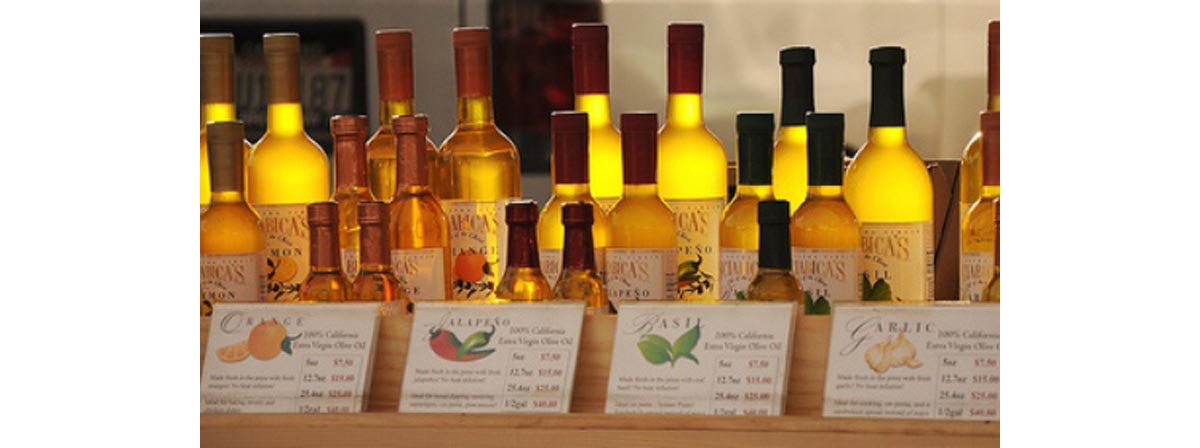Table of Contents
Which is the best olive oil?
You may find the different classifications of olive oil confusing, but it does make a difference to the nutritional value of the oil.

This means it is not refined and has not been heated to extract the oil, which destroys some of the valuable nutrients. So extra-virgin olive oil has the highest levels of polyphenols, and is better than virgin olive oil. ‘Cold pressed’ is another description you might see, and this is also a good sign as it means that heat has not been used to extract the oil.
Look for the initials IOOC (International Olive Oil Council) or COOC (California Olive Oil Council) on the bottle label for a guarantee that the contents are truly what they say they are.
Use and store your olive oil carefully
Buy olive oil that is in a green or dark-colored glass or plastic bottle, as this will keep it in good condition for longer.
At home be careful not to store the oil near a heat source such as your cooker.
Consider buying small bottles so the oil is always relatively fresh. Some people also recommend decanting a small amount to a bottle which you keep to hand, while storing the rest in the fridge. This limits oxidation in air from opening the large container too often. (Oil stored in the fridge may go cloudy and solidify a little, but will return to normal at room temperature and is not harmed by chilling).
How much should you eat?
Recommendations re daily consumption for health benefits vary between two and four tablespoons a day. This small amount emphasises how rich olive oil is in nutritious constituents. Also remember that oils are also rich in calories, so they should form a complementary, but not excessively great part of a balanced diet, so go steady with that bottle!
Ditch the low-fat dressing
One of the reasons that olive oil has shown major health benefits when taken as part of a Mediterranean diet, is that it is maximizes the value of ingredients of the diet.
A study found that absorption of these important compounds was better with normal fat salad dressings compared with low fat versions. This is probably because carotenoids are fat soluble so able to dissolve in the oil in regular salad dressing. While other oils in salad dressings (such as canola oil) have similar carotenoid-carrying properties, few can match the additional benefits provided by olive oil.
- www.nejm.org/doi/full/10.1056/NEJMoa1200303?query=featured_home&#t=article
- Bondia-Pons I, Schroder H, Covas MI et al. Moderate consumption of olive oil by healthy European men reduces systolic blood pressure in non-Mediterranean participants. J Nutr. 2007, 137(1),84-87
- Cicerale S, Lucas L and Keast R. Biological Activities of Phenolic Compounds Present in Virgin Olive Oil. Int J Mol Sci. 2010, 11(2), 458-479. Published online 2010 February 2. doi 0.3390/ijms11020458
- Photo courtesy of Alexa Clark by Flickr : www.flickr.com/photos/lexnger/6962628705/
- Photo courtesy of ozium101 by Flickr : www.flickr.com/photos/ozium101/5123424222/
- www.whfoods.org
- www.internationaloliveoil.com (International Olive Oil Council)
- www.cooc.com (California Olive Oil Council)
- www.oliveoiltimes.com


Your thoughts on this